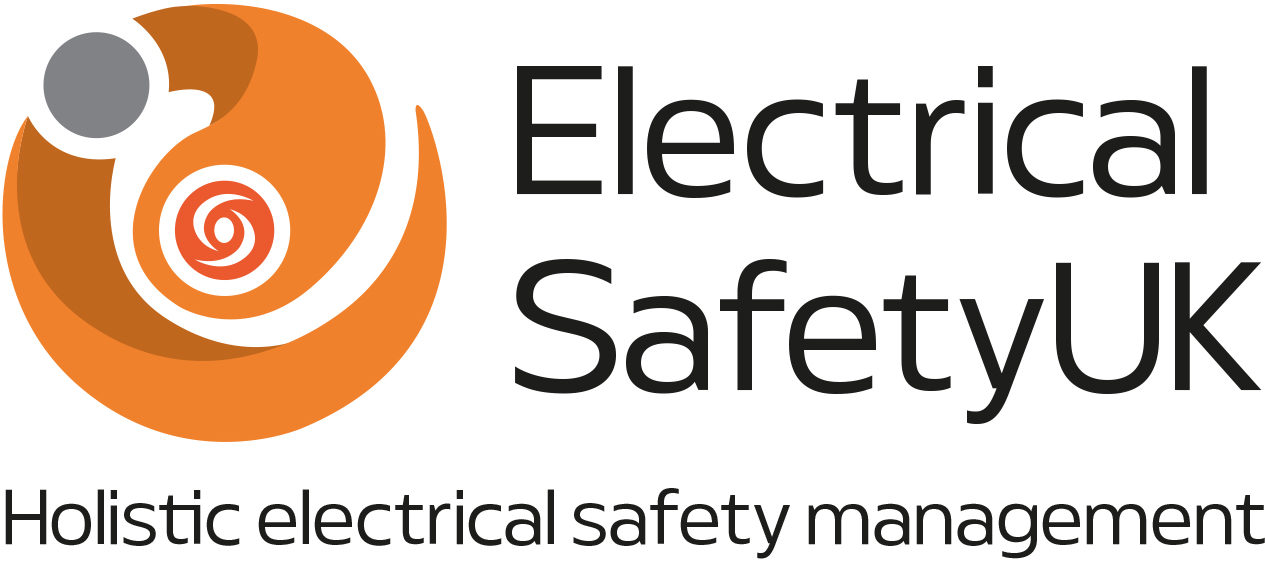“Was this person competent to do that job?”
This is the question that could be levelled at any Duty Holder if an electrical incident occurs.
When stood in the dock of a courtroom is not the time to consider the meaning of this question.
Andy Linley , Compliance Director of ESUK, discusses how bespoke training can help your company comply with legislation.
The requirement to provide information, instruction, and training stems back to Section 2 of the Health and Safety at Work Etc. Act 1974, and often employers will attempt to demonstrate compliance by sending their employees away on a selection of training courses.
Some training courses will deal with industry accepted practices and guidance and will guide delegates towards the generally accepted conventions that are in place; in other words, attempt to bring everyone up to the same nationally recognised standards. This is where Awarding Bodies including City and Guilds, EAL and IOSH stand out in their field, facilitating national courses measured against national standards.
This is great for demonstrating industry specific general knowledge, which can be applied in several work circumstances. However, such training is often generic in content, and in the case of electrotechnical courses, almost always leads back to domestic type applications.
The starting point for determining competence, with regards to electricity, is Regulation 16 of the Electricity at Work Regulations 1989. This requires those involved in electrical work to have the knowledge and/or experience to avoid danger or injury or be under such degree of supervision, having regards to the nature of the work. At no point are qualifications discussed, and nowhere is there mention of qualified electricians or electrical engineers. In fact, an electrician or an electrical engineer may be competent to undertake some works but would not be competent to undertake other tasks.
‘Off-the-shelf’ training solutions might work for the general electrically technical person, but each company and the work it undertakes will be different. This will require employees engaged in completing work on or near to electrical systems to have training and to gain experience relevant to the work that they undertake, in the environment in which they work, using the equipment provided by the company and following the safe systems of work that that company has developed. Here the ‘off-the-shelf’ solution is unlikely to fulfil the requirements for training given that City & Guilds, for example, would not know what specific safe system of work a company has put in place for isolating hazardous energy sources.
Employers must ensure that they engage competent persons to undertake work on or near to electrical systems; including giving information, instruction, and training on the company’s safe systems of work and the equipment that has been selected to allow the job to be completed. This will require some level of bespoke training to be given. Bespoke training could take the form of mentoring / buddy system whereby an experienced person will pass on their knowledge to those new to the role. This meets the second requirement of Regulation 16 ‘or under such degree of supervision’ but could be difficult to demonstrate in court if things go wrong. Of course, some companies have a formal training and mentoring program in which specific training elements are identified and evidenced but, in many cases, companies do not have the time or resources for such a time-consuming and financially restrictive way of working.
As previously mentioned, ‘off-the-shelf’ solutions will not be company specific and will miss important aspects of the knowledge aspect of competence. Therefore, developing and delivering a meaningful bespoke training program is often the best way forward, with some method of assessing the learning that has taken place at the end.
Here is where the next issue commences. Some companies have the perfect person to develop and deliver a bespoke and fit-for-purpose training package and to assess candidates at the end of the process to verify that the objectives have been achieved. This is a great position to be in. In many cases, whilst companies have the ideal person to undertake this task, that person also has several other roles to fulfil, and whilst they would like to develop a training package, they do not in reality have the time to do this. However, in an increasing number of cases, companies do not have the internal resources to develop, deliver or assess a suitable program of training.
Bringing in a training provider that has both industry experience and the skills to develop bespoke training solutions is a potential answer to the problem above. In this case, the training provider should be willing to listen to what your needs are, work with you in identifying the necessary learning outcomes, work with your own documented safe systems of work and safety procedures and compile a training package that is fit for your needs. Communication is key, and a suitable training provider should be working alongside you and your organisation to ensure that the programme of learning that is developed works for you. This will involve reviewing the programme and making amendments along the way, as well as making suggestions on ways that things might be improved. Training delivery should focus on your place of work, the equipment that you provide and the standards that you expect to be met.
The training package should consist of:
- An outline of the course aims as well as specific objectives
- A clear method of delivery, such as a course workbook, PowerPoint presentation etc
- An appropriate method of determining that learning has taken place
- A system for verifying that any assessment decision is valid.
Awarding bodies are reluctant to develop an official qualification that meets the needs of one company, favouring nationally recognised qualifications that may be used by many groups. However, awarding bodies do usually have some method of recognising smaller training programmes, such as the City & Guilds ‘Assured Programme’. Gaining recognition from an awarding body does take time and money. After all, there are checks and balances in place to ensure that any programme of training is fit for purpose. It is important to note that this is an assured program of training, rather than a qualification.
Ensuring that training is fit-for-purpose is important, demonstrating to a judge or a jury that an employee was competent to carry out a task could be difficult when companies have very specific ways of working or operate in niche markets. Having the right training in place will go a long way in meeting this need, and bespoke training is often the best way of achieving this.
Contact us to find out more
More news & views
Electrical Safety news

Standards for Electrical Test Instruments and Test Leads
Test instruments and test leads are a temporary connection to electrical systems, often live at the time, for the purpose of making measurements.
Electrical Safety news

BS 7671 2022 Updates – Changes To The Wiring Regulations
The second amendment to the 18th Edition IET Wiring Regulations are out, and all of the IET Guidance Notes have been updated accordingly. Electricians and engineers have had time to digest every minute detail and discuss the implications at length.
Electrical Safety news

Electrical Safety Management System – Electrical Safety Policy
One question we are often asked is, what should an ESMS contain? has prompted me to write a series of articles looking at the different aspects of this vital policy document ESMS. Here is the first article in that series

